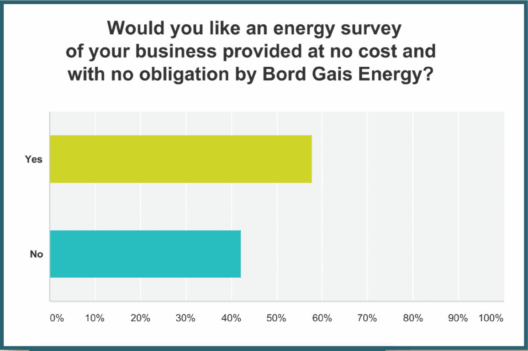Conserving energy at home may seem like a daunting task, but it is a vital aspect we can all incorporate into our daily lives. With the pressing concern of climate change, the need to be more energy-efficient becomes imperative. Have you ever pondered what it might be like to substantially reduce your energy consumption while also saving money? If so, here are seven effective strategies to consider, each designed to challenge your current habits and encourage a more sustainable way of living.
1. Embrace Natural Lighting
One of the simplest yet often overlooked methods of conserving energy is to maximize natural light. Instead of relying heavily on artificial lighting during the day, open your curtains and blinds. Not only does this reduce electricity usage, but studies also suggest that exposure to natural light can significantly enhance mood and productivity. Consider strategically placing mirrors to reflect light throughout your spaces, amplifying that warm glow while saving energy.
2. Upgrade to Energy-Efficient Appliances
Investing in energy-efficient appliances is perhaps one of the most impactful ways to conserve energy. When it comes time to replace older models, look for appliances that are certified with Energy Star ratings. These appliances use considerably less energy and water, translating to lower utility bills. The upfront cost might be higher, but the long-term savings can be substantial. Isn’t it worth considering the investment for both your wallet and the planet?
3. Be Mindful of Heating and Cooling
Climate control can account for a significant portion of your energy usage. Instead of cranking up the thermostat, consider wearing warmer clothing in winter or employing fans during summer. Installing a programmable thermostat can optimize your heating and cooling systems, ensuring that energy is used only when necessary. Additionally, sealing gaps around windows and doors can prevent drafts, making your home more energy-efficient. How comfortable can you be without over-relying on your heating and cooling systems?
4. Unplug Unused Devices
Many household electronics consume energy even when they are switched off—a phenomenon known as phantom load. To thwart this sneaky energy drain, establish an unplugging routine. Chargers, televisions, and sound systems can be unplugged when not in use. Alternatively, utilize power strips to easily turn off multiple devices at once. This small change could lead to noticeable savings on your energy bill. What items in your home could be taking a silent toll on your energy consumption?
5. Opt for LED Lighting
Switching from conventional incandescent bulbs to LED lighting is a logical choice for energy conservation. LEDs consume far less electricity and last significantly longer, making them not only cost-efficient but also eco-friendly. While the initial investment may be higher than that of traditional bulbs, the longevity and efficiency of LEDs ultimately lead to considerable savings. Are you ready to illuminate your space with a more sustainable option?
6. Practice Water Conservation
Water heating can account for a notable portion of your home’s energy use. To conserve energy, consider lowering the thermostat on your water heater. Additionally, implementing water-saving fixtures, such as low-flow showerheads and faucets, can drastically reduce water usage and heating costs. Simple actions, like taking shorter showers or fixing leaks promptly, also contribute to both energy and water conservation. Are you willing to change your habits for a more sustainable water usage routine?
7. Cultivate a Conscious Energy Consumption Ethos
Lastly, fostering a culture of energy awareness within your household can yield significant long-term benefits. Engage your family members in discussions about energy conservation, and make it a shared responsibility. Set achievable goals together, such as a challenge to reduce energy usage by a set percentage over a month. Recognizing patterns and making concerted efforts can lead to profound changes in how your household approaches energy consumption. How motivated are you to rally your household for the cause of conservation?
In summary, energy conservation at home is both attainable and beneficial. From maximizing natural light and upgrading appliances to mindful heating and cooling practices, every small step contributes to a larger impact. Each of these strategies not only minimizes energy consumption but also enhances overall comfort and financial savings. Taking the time to reassess your energy usage can foster a more sustainable lifestyle that benefits both your family and the environment.
Now, the real challenge lies in consistency. How can you instill these habits into your daily routine while inspiring others in your community to do the same? The journey towards energy efficiency begins with you, one thoughtful decision at a time. Embrace the opportunity to be a pioneer in your household and inspire a change that resonates well beyond your walls.








